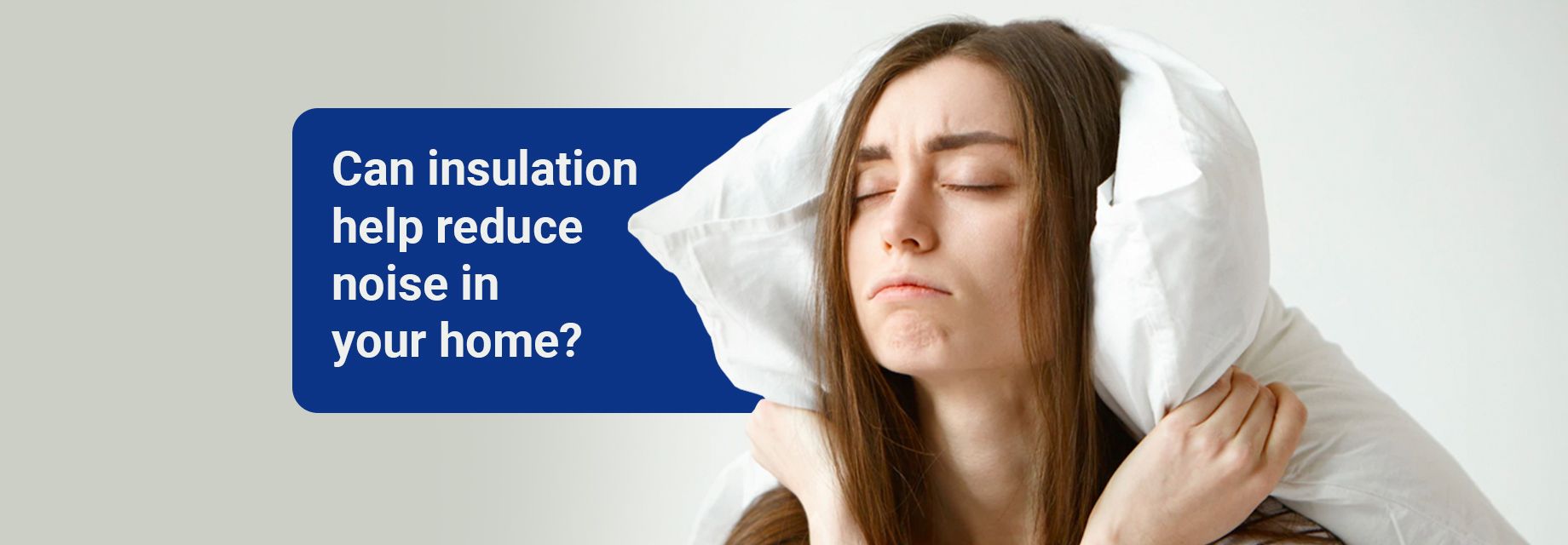
Can insulation help reduce noise in your home?
Yes! Insulation can reduce noise in in your home, however different types of insulation have different acoustic properties and can affect sound-waves differently. Keep reading to learn more about how insulation can reduce noise in your home.
How does insulation help reduce noise?
As the cost of building has increased, section size has decreased and home developments are quite densely packed. Living in a built-up area means an amplification of community noise, especially in high-density developments. With building costs being so high – insulation is often a low priority item, and poor insulation can create homes that certain sounds easily penetrate, making it difficult to find reprieve from those unwanted urban noises.
Most insulation is designed for thermal performance, but some insulation materials also absorb sound-waves. You can learn more about thermal insulation in our recent article here. While insulation is only one part of soundproofing your home, choosing the right insulation material can have a big impact on how much noise you can dampen. Where noise reduction is a priority, there are special acoustic insulation options available that can be installed in both your exterior and interior walls. An insulation expert like Pilkington Insulation can work with you to ensure the right insulation materials are chosen for your project.
What insulation materials are best to reduce noise?
Vibrating objects create sound-waves. This vibration causes movement in the surrounding air molecules and displaces the air. A chain reaction of bumping molecules creates sound waves. The size, shape and amplitude of the vibrating object will determine the sound-waves frequency range. For instance, a heavy truck will produce low frequency waves while voices will generally produce mid to high frequency waves.
The best types of acoustic insulation to reduce noise in the home are typically cellulose, fibreglass and foam insulation. Ceiling, Floor and Wall Insulation products made from these materials have good noise dampening characteristics.
Upgrading insulation in an existing home is also possible. It’s best to use blown insulation when insulating an existing home. Blown insulation installed at higher densities also improves thermal and acoustic performance.
Are there other ways to soundproof my home?
As we mentioned earlier, soundproofing your home can be fairly complicated and each house is a little different. In essence, to completely soundproof your home, you need to block or dampen all sound-waves. Because sound-waves also travel at different frequencies, this further complicates the process.
Insulation tends to work best at preventing mid and high frequencies however is less effective with low frequencies. Other techniques like adding air gaps, a second layer of plasterboard and creating airtight seals will further reduce noise transfer. Regardless, if your intent is to fully soundproof your home it’s best to discuss the right approach with an expert.
To learn more about installing acoustic insulation or to reduce noise in the home, then contact us today. One of our friendly team members would be happy to discuss the best options for your home.
